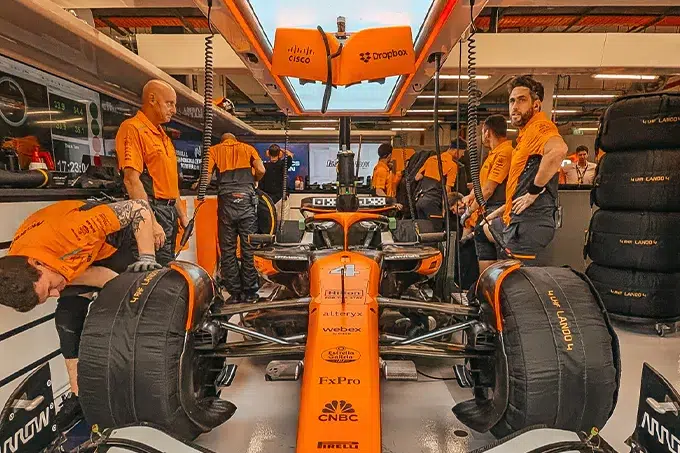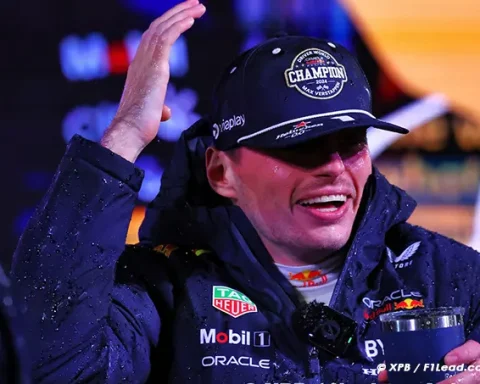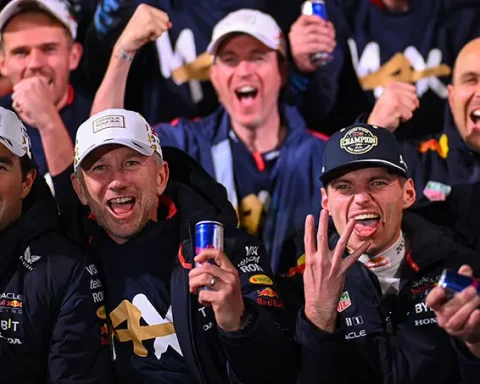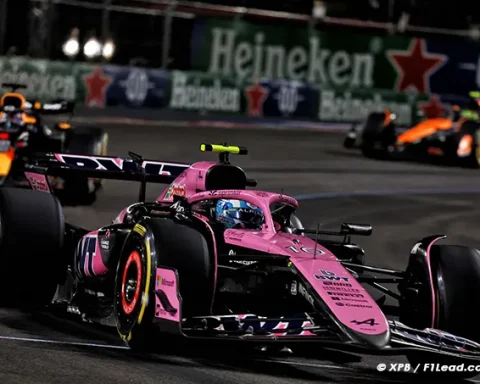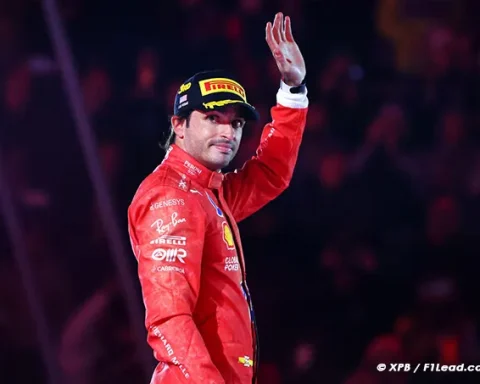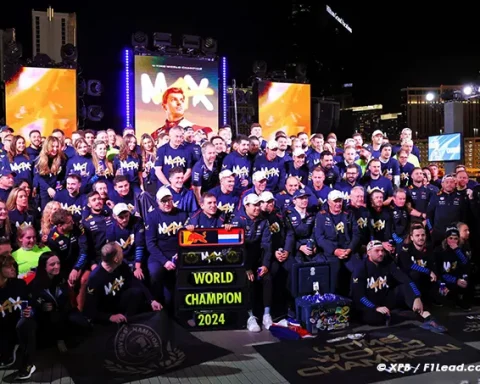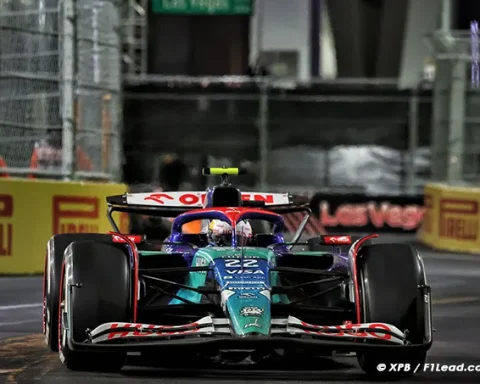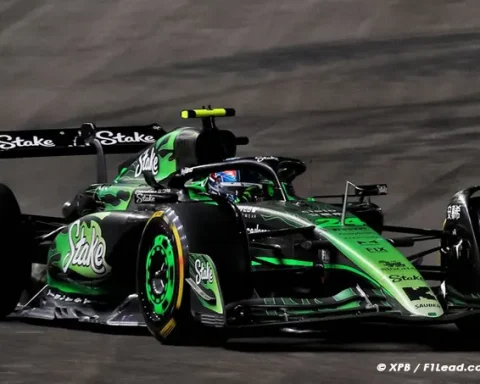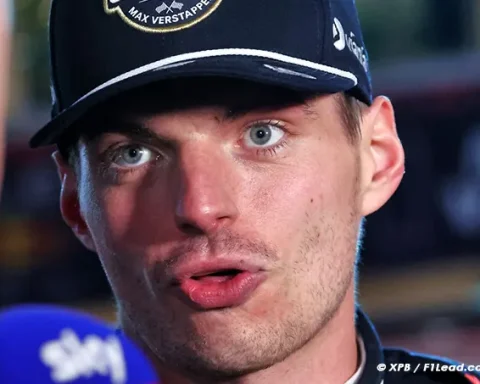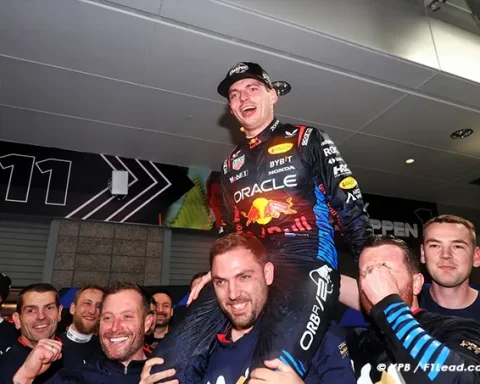McLaren F1’s employee wellness initiatives ensure both mental and physical well-being, directly linking human performance to on-track success.
It’s not just the team principal or technical director who builds the success of F1 teams. For an engineer to come up with good ideas, they need to feel comfortable in their work environment. This is the role that Daniel Gallo, McLaren F1’s head of human resources, excels at.
At McLaren F1, several workplace wellness programs have been implemented: mental health workshops are offered to employees, and nursing and childcare services have been significantly enhanced. In two months, McLaren will also open a new wellness center at its Surrey site, featuring a “state-of-the-art” gym.
However, human resources is ultimately about resources for performance. While emphasizing humanism and care, David Gallo, speaking to Raconteur, did not lose sight of the ultimate goal of his mission.
“In sports, everything we do must be performance-driven. This holds true whether it’s the performance of the drivers, the car, or the team working at the McLaren F1 Technology Centre in Woking.”
“We must invest in the well-being of our staff. We believe that human performance equals car performance, and this is a fundamental competitive differentiator for us.”
Of course, Gallo doesn’t manage Lando Norris or Oscar Piastri on a daily basis, but rather the staff at the Woking team.
But what exactly does his role entail?
“I’m more equipped to manage the team’s workforce; I’ll leave the elite athletes to those more qualified than me.”
Gallo also pays close attention to… the employees’ stomachs.
“The same care and attention given to the dietary regime prepared for our race team and athletes is also extended to those working at the factory. This is essential, as some tasks are physically and mentally demanding.”
Gallo also focuses on mental health at McLaren F1. He ensures that the culture of blame is a distant memory from the Ron Dennis era.
“We are going to make mistakes; that’s the nature of innovation and pushing the limits. It’s about owning those mistakes and viewing failure as an opportunity to learn, adapt, apply, and try again.”
Another benefit of a healthy work environment is that employees are more likely to stay with you, instead of moving to the competition, which is quite common in F1.
“Culture cannot be bought. It must make people want to stay with you long-term, and workforce stability is a key element of performance.”
But isn’t burnout the biggest risk in F1? It’s known to be an ultra-competitive sport, where if you sleep at night, the competition might be staying awake… What does Gallo have to say about that? Does he admit that F1 is almost unsustainable?
“We recognize that for people to fully engage with our organization, their families and friends need to support them and make sacrifices.”
That’s why families are regularly invited to watch Grand Prix races in Woking… with their families. Even though it’s still blending family and work!
“Working in Formula 1 is intense, and we expect a lot from our employees, so it’s not an environment that suits everyone,” Gallo admits.
“Of course, there are wonderful aspects to working in this sport, but it’s not a nine-to-five job. The demands are high, and you’ll need to work weekends and sometimes late into the night.”
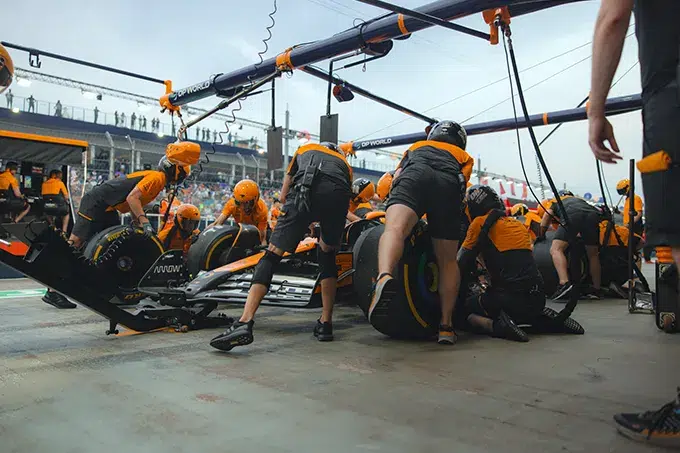
- You may also like>Szafnauer’s Personal Sacrifice to Keep Force India Afloat
- Also make sure you follow us on social media>Facebook and>Twitter
Inside McLaren: Well-being Programs Drive F1 Performance Inside McLaren: Well-being Programs Drive F1 Performance
